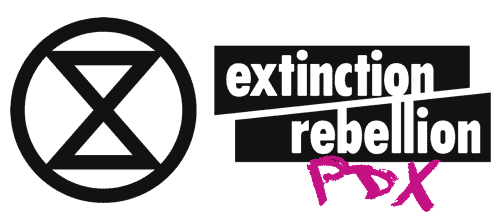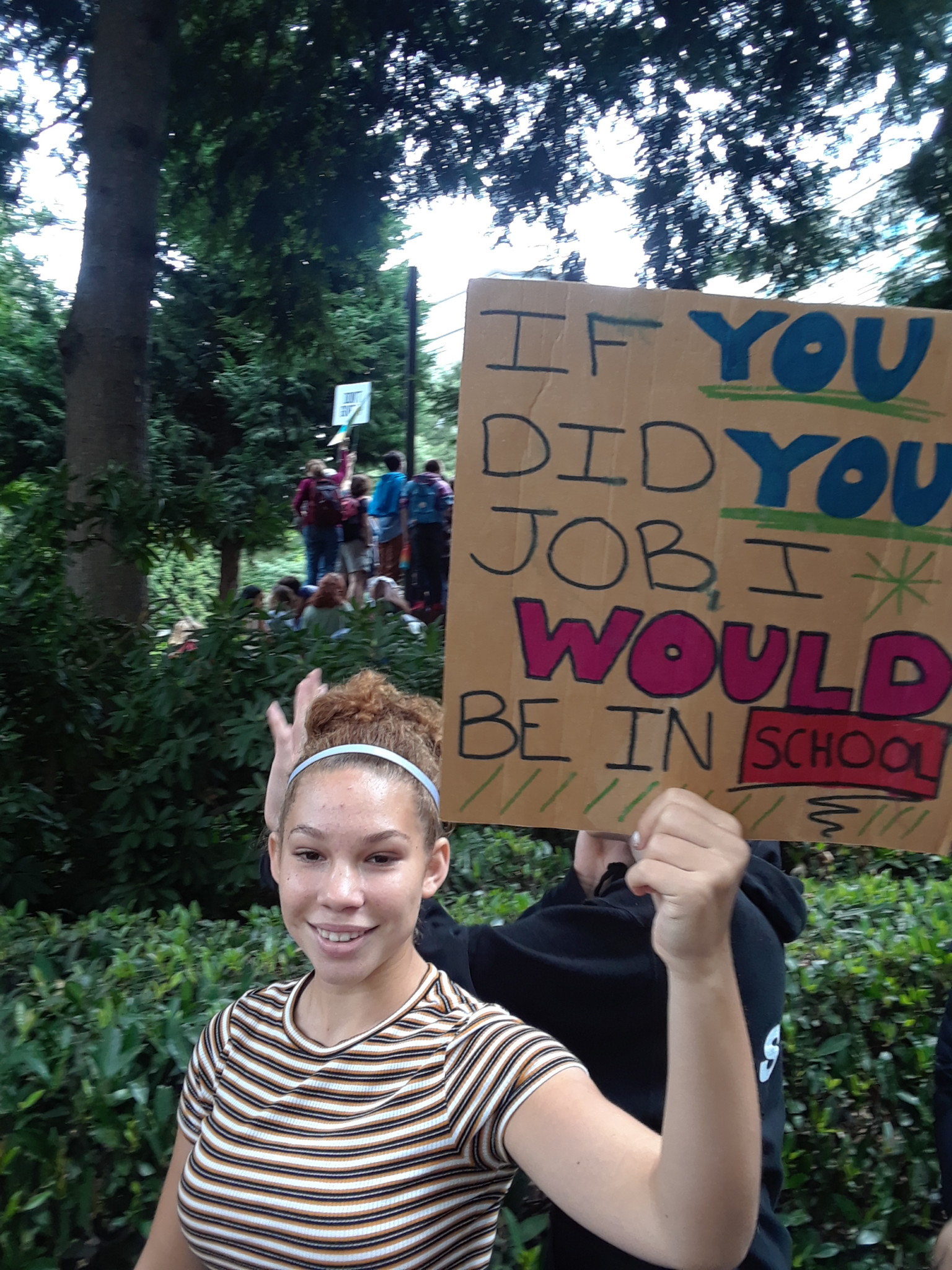A major obstacle in solving the climate crisis is that our collective interests are in conflict with those who have the most power. Collectively, most agree that a world beset by climate catastrophe is undesirable. But the individual incentives for those with the most power to implement sweeping changes are out of step with that reality. Those in the halls of government and the boardrooms of corporations skew older, and mostly won’t be around to suffer the most dire consequences of global warming. In the meantime, they continue to benefit financially from the status quo. Youth climate activist Jamie Margolin puts the problem more succinctly, saying “We had no power in creating the systems that are destroying our world and futures — and yet we are and will be paying the biggest price for the older generations’ recklessness.”
It’s natural, then, that the youth are taking the lead in the movement to protect their future. They are creating new, youth-driven networks of climate activism like the Sunrise Movement, and a variety of innovative actions aimed at making their voices heard in the face of their elders’ inertia. Some have taken their case to court, suing the United States for depriving them of life, liberty, and property in the case of Julianna v. The United States, which has evolved into the Youth v. Gov movement. Still others have formed Fridays for Future, engaging in public demonstrations every week, all across the US and beyond. Still others have gotten involved in our own Extinction Rebellion movement.
But perhaps the most visible action by young people fighting for their future is the Youth Climate Strike, a widespread mass action taking place in Portland on May 20th. The demands are sweeping, but simple. As activist Nyombi Morris of Uganda put it before the suspension of his twitter account, “I want to see leaders changing their behaviors and valuing people’s lives. I want to see a world where everyone is comfortable with what he or she has and isn’t worrying that when it rains that they will have to move to another place.”
It’s easy to imagine the voices of youth being ignored, as they often are, but history shows us that isn’t inevitable. As recently as 1970, the voting age in the US was 21, in spite of decades of struggle to enfranchise younger voters. But in 1964, the US began drafting men as young as 18 to serve in the Vietnam War. This conscription without representation helped drive massive (and sometimes violent) opposition to the war effort, along with ever-louder calls by the youth to have a voice in who was leading them to war in the first place. By 1971, the voting age was lowered to 18. By 1973, the US was withdrawing from a quagmire that might otherwise have persisted for many more years.
The lesson here is simple: when the youth unite in mass collective action, they can bring about major changes, even when faced with powerful opposition. But they can do more with the support of adults, who have more institutional power and are generally taken more seriously. “Adults are able to amplify students’ messages,” says activist Alexandria Villaseñor. “What I would like to see from them is their help and their advocating for us.” So, rebels, whether you are 9 years old or 90, please join us on May 20th to help youth make history. Their future hangs in the balance.
Portland Youth Climate Strike
May 20th, 2022
11am rally at City Hall, march at noon
[Photo credit: Janet Weil, taken at Youth Climate Strike, September 2019]

